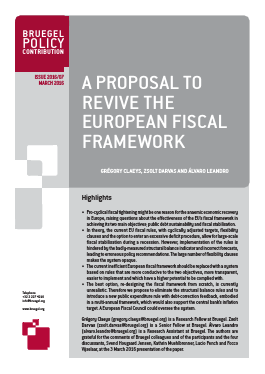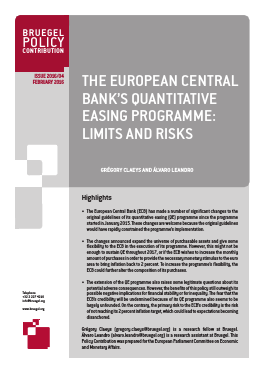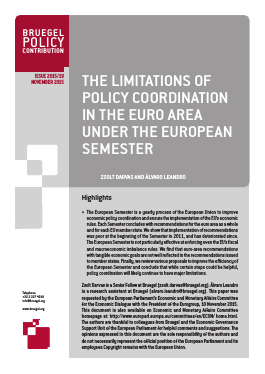Former scholars

Alvaro Leandro
Former Research Assistant
Álvaro Leandro Fernández-Gil, a Portuguese and Spanish citizen, worked at Bruegel as a Research Assistant from November 2014 until July 2016 in the area of Global and European Macroeconomics. Prior to this, Álvaro worked as a Research Assistant at “la Caixa” Research. He has also worked as an intern at the Sustainable Development Network of the World Bank. He holds an undergraduate degree in Economics from the University of Sussex, and a master in Specialised Economic Analysis from the Barcelona Graduate School of Economics (Universitat Pompeu Fabra).
The subject of his Master's thesis was the inter-connectivity in the financial system, and its consequences for systemic risk and regulation. At the University of Sussex he wrote a dissertation on Political Business Cycles.
Álvaro’s research interests include Macroeconomics, International Finance and Political Economy.
He is fluent in English, French, Portuguese and Spanish.








